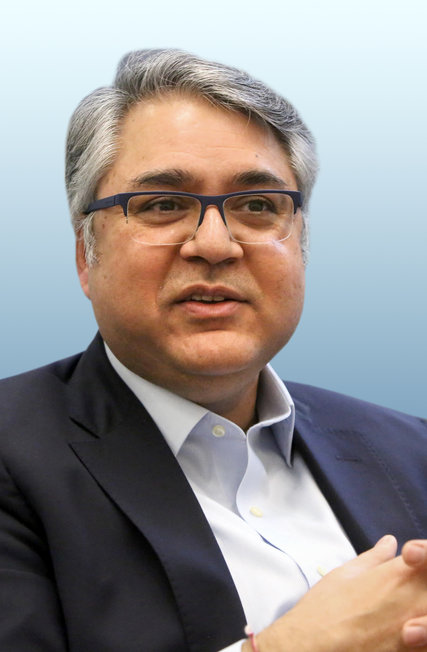How to Approach Conflict in the Workplace
Conflict is a natural element to any functioning workplace, but dictating its course can be the difference between healthy discourse and petty ad hominem attacks resulting in lost productivity. What is the best approach to ensuring a conflict becomes constructive? Phyllis Korkki gauges conflict in directness and intensity in her article in The New York Times. Here are a few key points from her piece:
- Opt for unambiguous conflict resulting in debate: “The preferred form of communication is high directness/low intensity … With this method, people tend not to focus on any personal stake they could have in their positions. They listen to others’ views and take them into account while working toward a positive outcome.”
- Avoid high intensity conflict, as employees will become defensive: “When conflict is expressed with high intensity, whether directly or indirectly, the issue can start to feel personal to the parties involved…people may respond by attacking others or defending themselves. They are more likely to dig into their positions without listening to other viewpoints and processing new information, meaning that an effective resolution is less likely.”
- Make healthy conflict resolution part of your office culture: “When more people understand what healthy communication looks like at work, and the more that people practice it, the more likely they will exhibit it themselves.”
As a manager, it is your responsibility to maintain a harmonious office conducive to productivity and free of negativity. You should keep these points in mind in order to foster a healthy work environment, resulting in happier employees who feel respected and valued.


